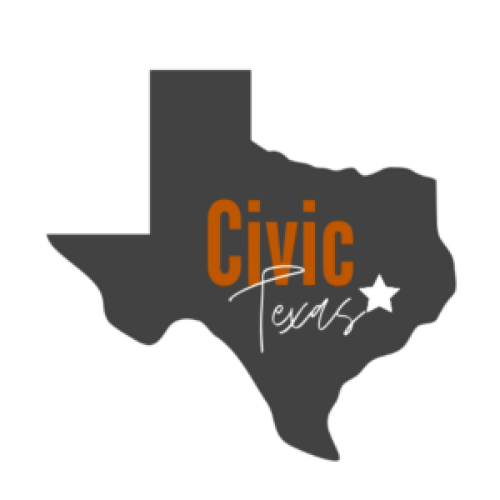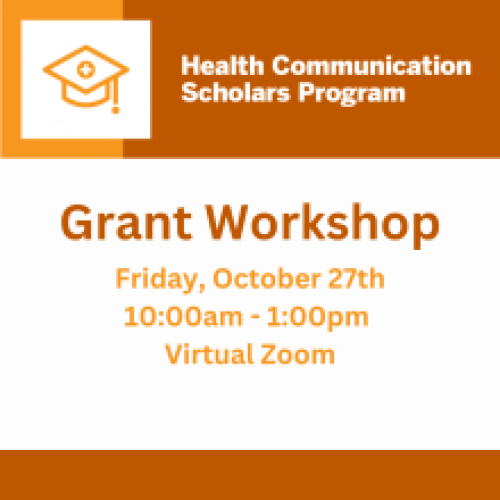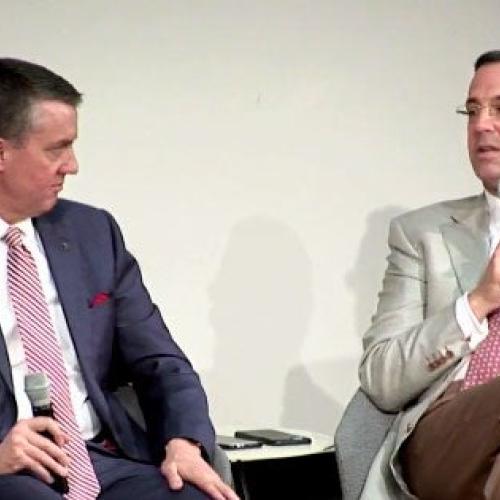Research
Our faculty and students conduct exciting research related to human communication. From determining the best ways to communicate during natural disasters to understanding the range of critical issues in sports media to how to bridge divides on social media, our researchers cover broad and important topics that make an impact in Texas and beyond.

Messaging Matters
The Center for Health Communication's Eliminate Tobacco Use Initiative is a campaign to create tobacco-free cultures on institutions of higher education through policy, prevention, cessation and research.
Research Focus Areas
Interpersonal Communication
Interpersonal Communication involves the study of both the processes and effects of social interaction, usually in face-to-face situations. Both verbal and nonverbal behaviors are studied in laboratory and naturalistic contexts. Cognitions, emotions, and discourse patterns occurring during conflict, lying, and persuasion are some of the factors commonly studied.
Organizational Communication & Technology
Organizational Communication is the study of human interaction within complex organizations, and the management of organizational behavior. The use of technology is also closely connected to processes of organizing. Research in this space includes work on teams, dialogue, virtual and flexible work, power, collective organizing, time and space, disasters and crisis, visibility management, and more.
Rhetoric, Language, & Political Communication
The Rhetoric, Language and Political Communication (RLP) area focuses on how human symbols affect social and political change. Although rhetoric has been a popular area of study since antiquity, the department focuses on contemporary matters.
Explore research in our centers and institutes
Contact Us
Email Us: commstudies@austin.utexas.edu






